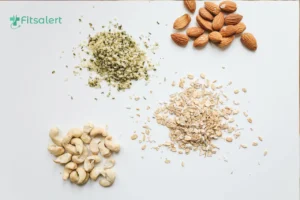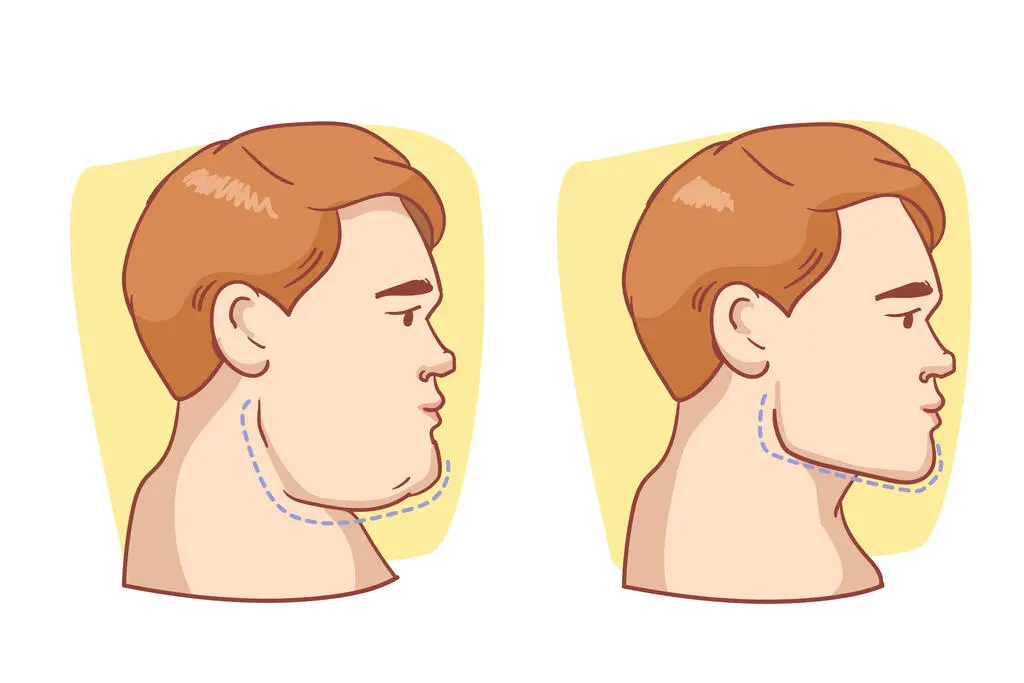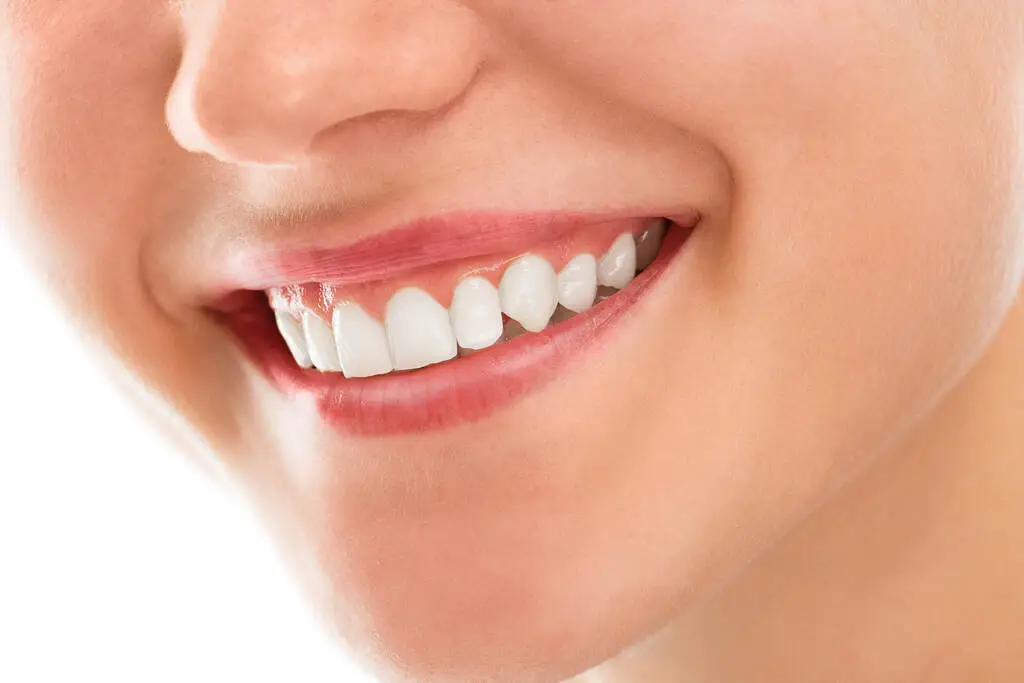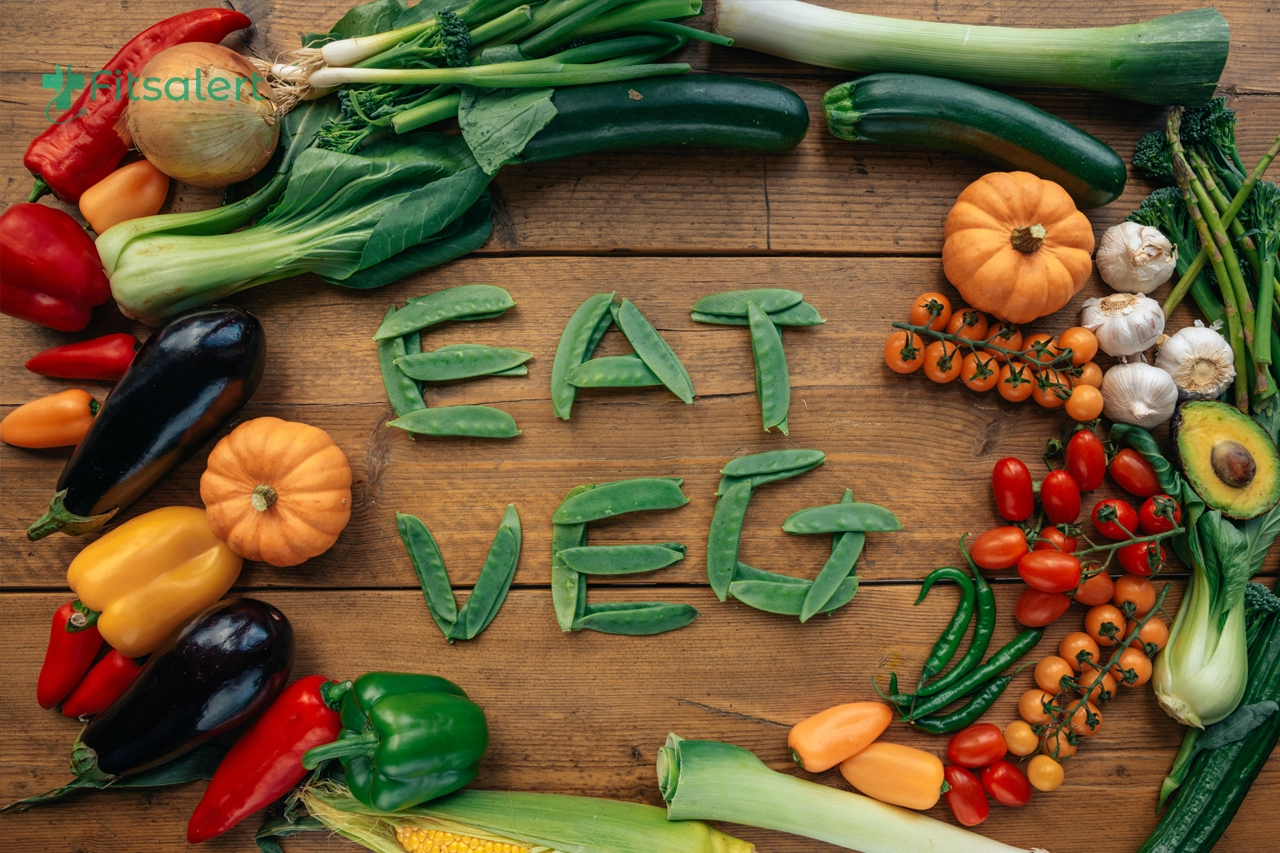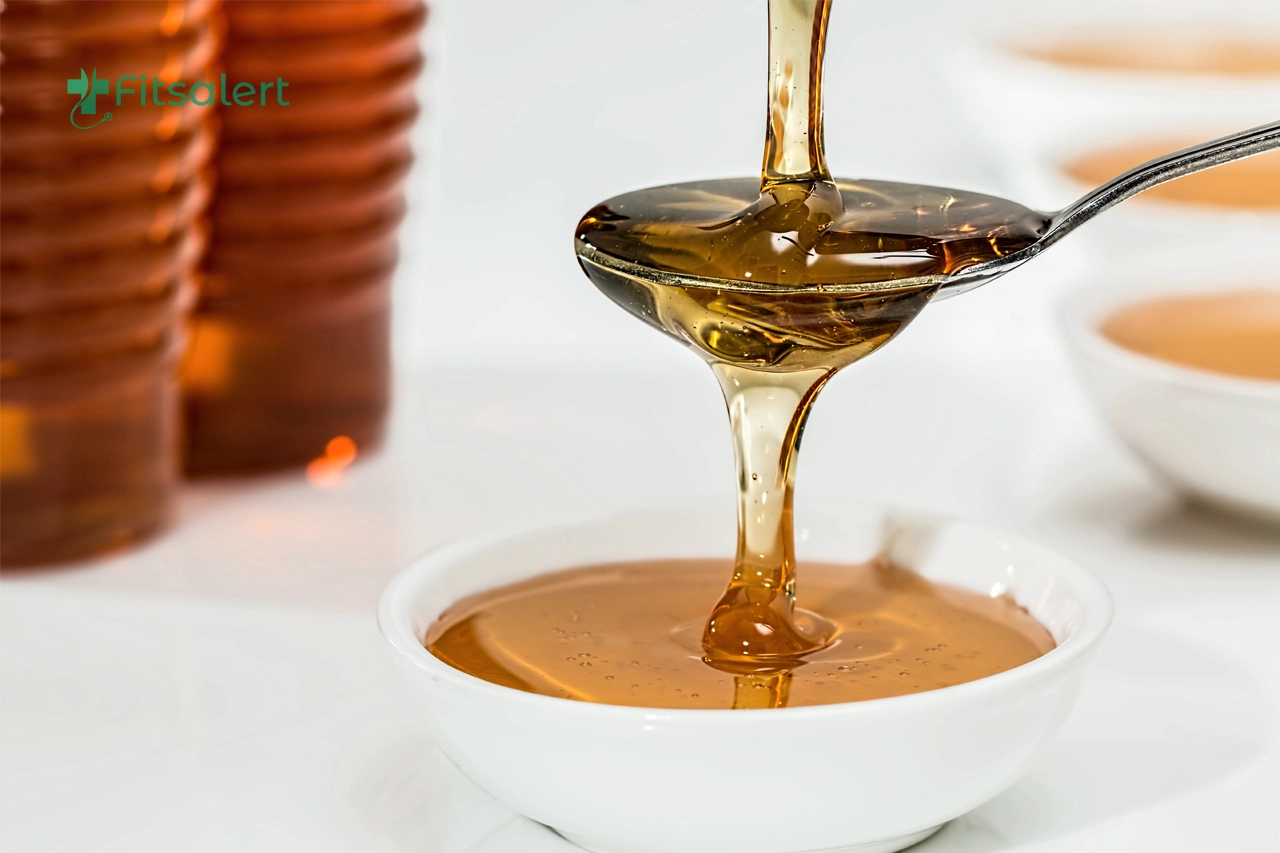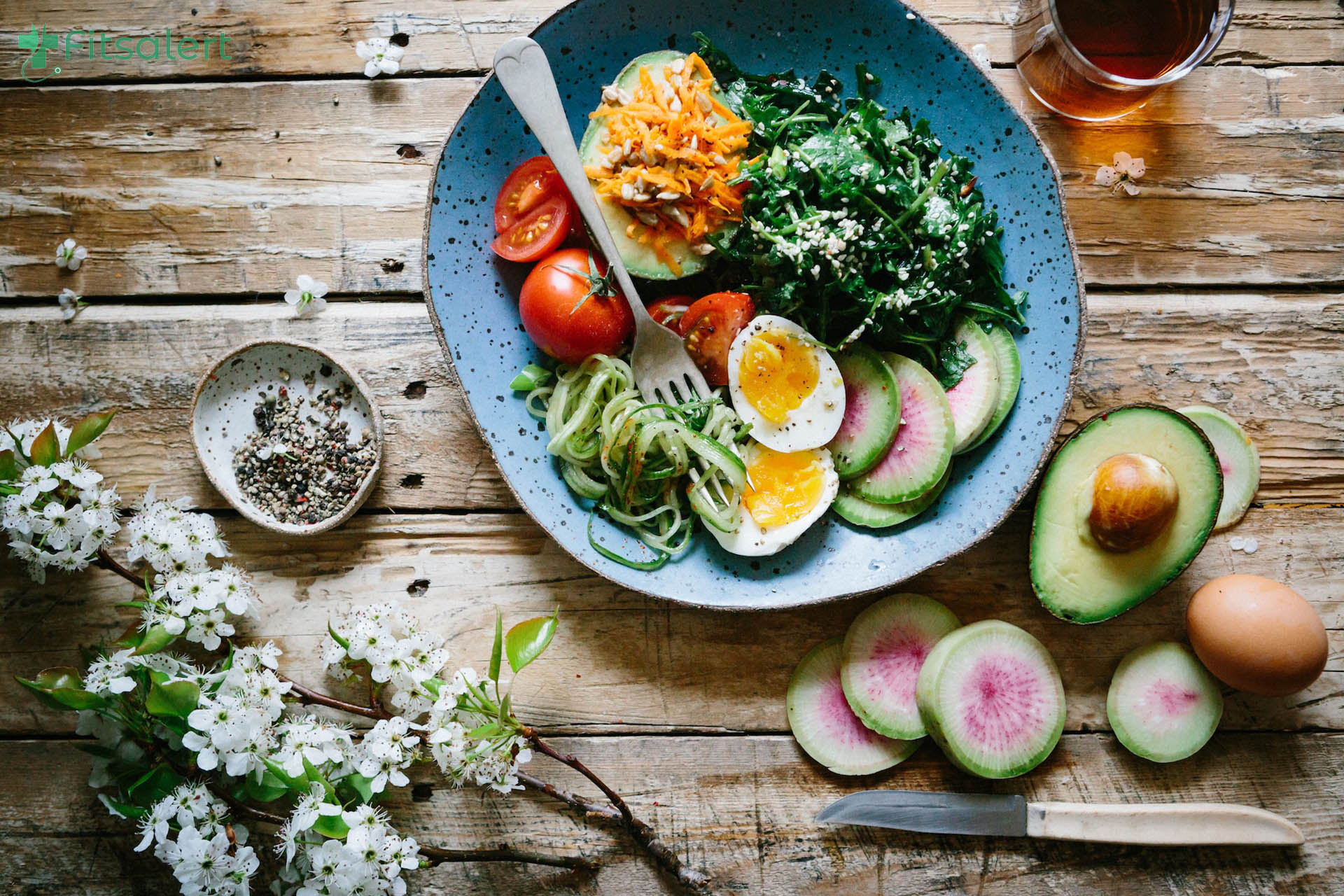Many women often forget about their nutritional needs as they juggle family and work responsibilities, leaving their health on the sidelines.
It’s crucial to realize that diet has a significant impact on health. Even though women generally need fewer calories and less food than men, they often require higher amounts of specific vitamins and minerals.
It’s important to understand and fulfill these unique nutritional needs, including a well-balanced diet tailored for women. This is crucial to support women through various life stages, from reproductive years to menopause.
Let’s learn why nutrition is vital for women’s health, highlight the essential nutrients they need, and offer guidelines to ensure a well-rounded diet.
The Importance of Nutrition in Women’s Health
Recognizing the significance of nutrition is crucial for women’s well-being, especially considering the unique challenges and changes they undergo.
Here’s how nutrition influences both the physical and mental aspects of women’s health:
Hormonal Balance:
Women experience various hormonal changes throughout their lives, such as during menstruation, pregnancy, and menopause.
A balanced diet plays a key role in regulating these hormones, alleviating symptoms like premenstrual issues, mood swings, and menopausal discomfort.
Reproductive Health:
For women in their childbearing years, nutrition is essential. Nutrients like folic acid are crucial for fetal development, and iron helps prevent anemia, a common condition during pregnancy.
Proper nutrition is equally important for women facing the stresses of perimenopause and menopause, addressing both physical and mental challenges.
Bone Health:
Women, especially post-menopause, are at a higher risk of osteoporosis compared to men.
Calcium and vitamin D, vital for maintaining bone density and strength, are often included in healthy diets for women.
A diet rich in these nutrients, coupled with regular physical activity, significantly reduces the risk of fractures and bone-related diseases.
Chronic Disease Prevention:
Proper nutrition is a key factor in preventing and managing chronic diseases like heart disease, diabetes, and certain cancers.
Diets that include ample fruits, vegetables, whole grains, and lean proteins while minimizing processed foods and sugars are crucial for maintaining a healthy weight and lowering the risk of these conditions.
Taking Care of Your Mind and Body
Mental Well-being:
The food you eat can impact your mental health. Omega-3 fatty acids, found in fish, nuts, and seeds, support brain health and can help manage feelings of depression and anxiety.
A good diet for women includes B vitamins, magnesium, and iron, which also play a significant role in influencing mood and cognitive function.
Boosting Energy:
Many women experience fatigue, and what you eat can make a difference. Balanced meals with a mix of carbohydrates, proteins, and fats provide sustained energy throughout the day. Iron is crucial, as its deficiency can lead to fatigue and reduced cognitive function.
Glowing Skin, Healthy Hair, and Strong Nails:
What you eat not only affects how you feel but also how you look. Vitamins A, C, E, biotin, and minerals like zinc and selenium support healthy skin, hair, and nails, contributing to an overall sense of well-being.
Understanding Women’s Unique Nutritional Needs:
Women have different nutritional needs than men due to factors like menstruation, the potential for pregnancy, lactation, and menopause.
These life stages increase the demand for specific nutrients. For example, menstruating women may need more iron to compensate for its loss during their period.
During pregnancy and breastfeeding, nutrients like folic acid, calcium, and iron are crucial for both the mother and baby’s health. Post-menopause, women require more calcium and vitamin D to maintain bone density.
Essential Nutrients for Women’s Health:
1. Iron:
Feeling tired or low on energy? Iron deficiency might be the culprit, and it’s common among women. Meat, especially liver, poultry, and seafood are excellent sources.
Plant-based iron from veggies, nuts, and beans is good too, but it’s absorbed differently.
Boost iron absorption by adding citrus foods like lemons and oranges, and limit tea or coffee intake as they can inhibit absorption.
2. Calcium:
Concerned about weakening bones? Calcium is the answer. Dairy products like milk, nuts like almonds, and veggies such as broccoli and kale are good sources.
For better calcium absorption, ensure sufficient intake of vitamin D from sunlight, eggs, and fortified foods, along with magnesium from nuts and green leafy vegetables.
3. Omega-3 Fatty Acids:
Essential for heart and brain health, Omega-3s can’t be produced by the body. Include fatty fish like salmon, flaxseeds, walnuts, and chia seeds in your diet.
Omega-3s are crucial during pregnancy for the baby’s mental health.
4. Vitamin D:
More than just for bones, Vitamin D is vital for the immune system, muscles, and mood. Get sunlight exposure and include foods like fatty fish, egg yolks, and fortified items, especially in regions with less sun.
5. Zinc:
Zinc is a multitasker – it supports the immune system, wound healing, blood clotting, and more. During pregnancy, it’s crucial for fetal development. Meat, shellfish, legumes, seeds, nuts, and dairy products are good sources.
Closing Thoughts:
For women to sustain optimal health throughout their lives, recognizing and addressing their distinct nutritional requirements is paramount.
A well-rounded diet, packed with essential nutrients, not only bolsters physical health but also elevates mental well-being. Seeking personalized dietary guidance from Nutrition and Dietetics professionals is advisable.
This personalized advice can play a crucial role in tackling specific health concerns and fostering a sustained, healthy lifestyle. Remember, investing in your nutritional well-being is an investment in your overall health and vitality.


